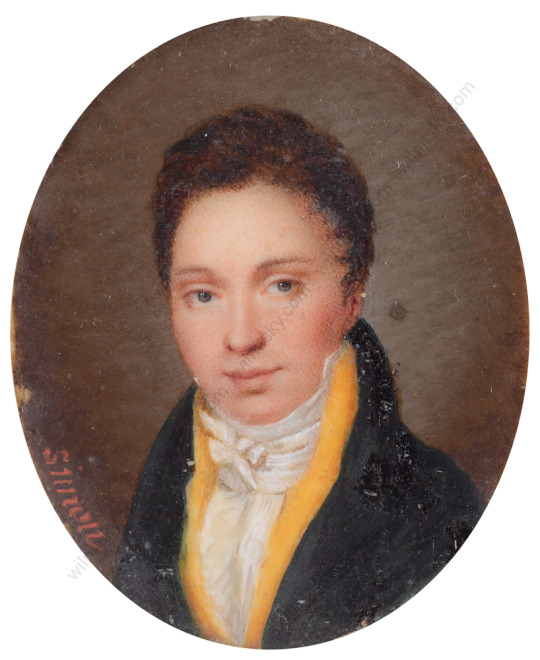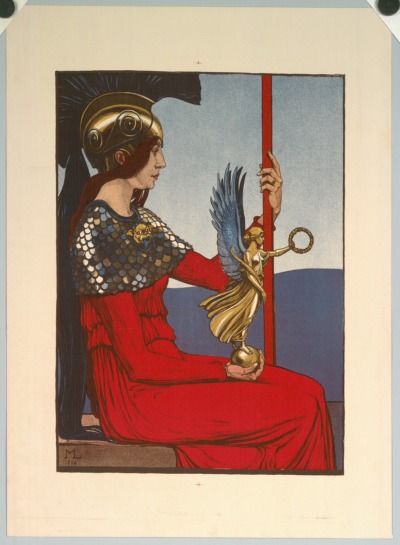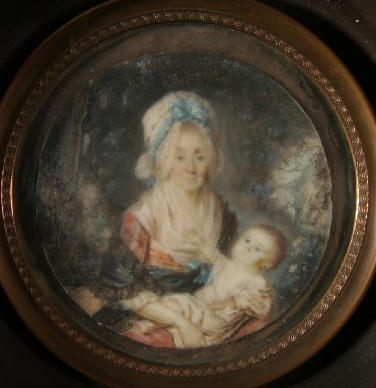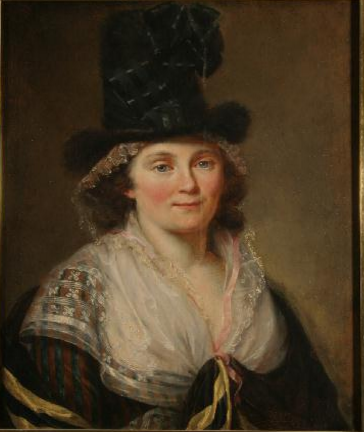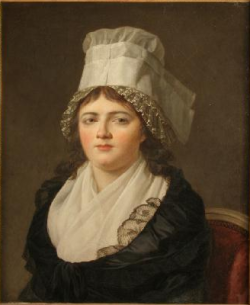Aro ace female Greek deities
The ancient Greek mythology knows several goddesses or god-like ladies who refused to be a subject to Aphrodite, goddess of love. They aimed at living independently and as eternal virgins. Of course, this was due to the generally inferior role women played in ancient Greece: for a woman, to be independent, celibacy was required. This was even true for goddesses. Still, many goddesses remained powerful despite being wifes and mothers. Thus, the decision to remain single and celibate was partly a choice based upon what today may count as aromantic asexuality. Then, it was dubbed as “their hearts being immune to Aphrodite”. The best known of them, and the most powerful of virginal goddesses, were Hestia, Athena, and Artemis. Of course, it is impossible to really say they were “aromantic” and/or “asexual”. Pre-modern societies simply did not think that way. However, I try to “update” their lifes. It’s for fun, obviously.
Hestia is one of the oldest deities on Mount Olympus. She is a daughter of Cronus, and hence a sister to Zeus. At an early age she decides to reject offers on marriage and remain single. Furthermore, she rejects Aphrodite’s values of fliurting, love and sleeping around to become a chaste guardian of the hearth. This roles sounds very oncool by today’s standards, but in fact, this made her one of the most important and most worshipped deities. The hearth, the fireplace, was considered the very center of society and life. It was the material symbol of nourishment and warmth without which no social coherence was possible. Because of this importance, Hestia became the guardian not only of domestic peace, but of political peace as well, even at Mount Olympus. Still, despite her importance (which increased in her Roman equivalent, Vesta), she was not very visible among the Olympian deities. She was more like the older sister whom everyone loves but noone really cares about unless she is not there anymore.
Athena is Hestia’s niece, being a daughter to Zeus. She is maybe the nerd among the Olympic deities, the goddess of science, mathematics, knowledge, wisdom, arts and crafts, inspiration and skill, as well as law and justice, civilization, and war strategy. Nowadays, she may have loved strategy games… This chill puts her in contrast to her brother ares, the god of warfare, who may have preferred splatter shooting games. With her very moderate temper, rationality and philosophy, but sense of justice and morality, the cool Athena presented the human ideal of ancient Athenians and became the patron of their polis. She remained single and a devoted virgin, which added to her credits and earned her the nickname of Athena Parthenos, the maiden Athena. Of course, the Athenian’s prudemorals of female sexuality played into that. too. However, like many virgin deities on Mount Olympus, male deities tried to rape her. Once, an assault by Hephaestus failed, the accidentally impregnated the soil instead of Athena, and Erichthonios was born (it was complicated…). He was handed over to Athena by Gaia, the “Earth”, and tried to find him a home. When that failed, Athena herself became his foster mother. How cool is that?
Artemis may be the best-known aro ace goddess, and a symbol at that, since her main attribute is the arrow, which she really aced… She is Athena’s half-sister, the goddess of the wild animals, hunting, hunting, the untamed nature, but also of childbirth, of women and their diseases, and of the young girls. Artemis may or may not have been in love with Orion, a fellow hunter. However, when he became too eager, killing off all the wild animals, she arranged for him to be bitten to death by a scorpio. Many male gods tried to win her heart, and as we are talking about Greek mythology, they did so by traing to rape her. Clever Artemis anticipated their schemes and successfully escaped every time. She was surrounded by a bunch of nymphes and forest fairies of all kind who, like her, preferred to remain single. Well, it did not always work out. Some of them fell in love, others were “convinced” through rape. However, Artemis all-too-often turned out to be not a good ally, or maybe it was her father’s spitefulness shining through. While she saved her companion Arethusa, who was threatened with rape, her other companion, Callisto, was raped by Artemis’ father Zeus in the disguise of Artemis herself. When Callisto’s resulting pregnancy became known, the furious Artemis transformed her into a bear. Polyphonte got it worse: a dedicated aro-ace, she infuriated Aphrodite who wanted her to fulfill her female duties of, well, pleasing men and bearing children. She cast a spell over her which compelled Polyphonte to become sexually attracted to bears, which disgusted Artemis so much that she stirred the wild animals against her. Polyphonte, fearing for her life, was forced to leave Artemis.




